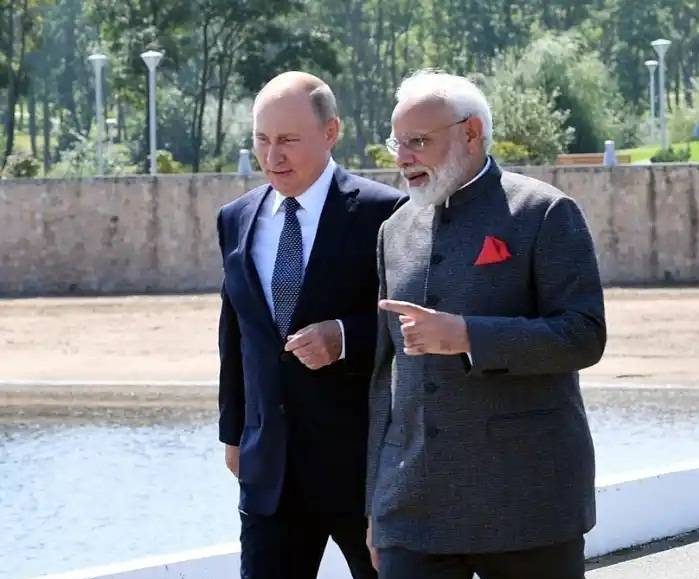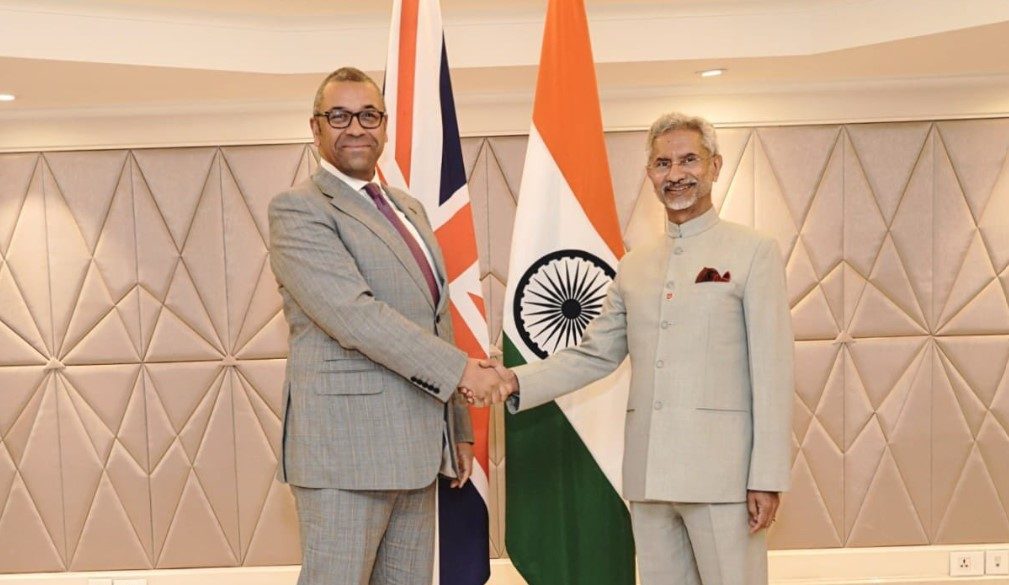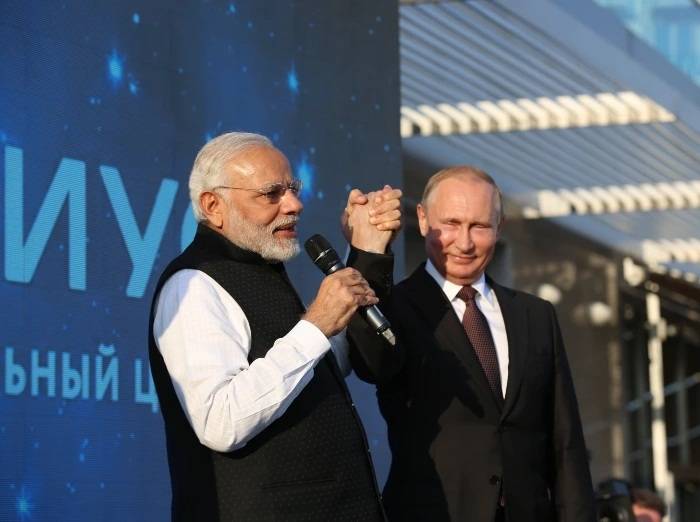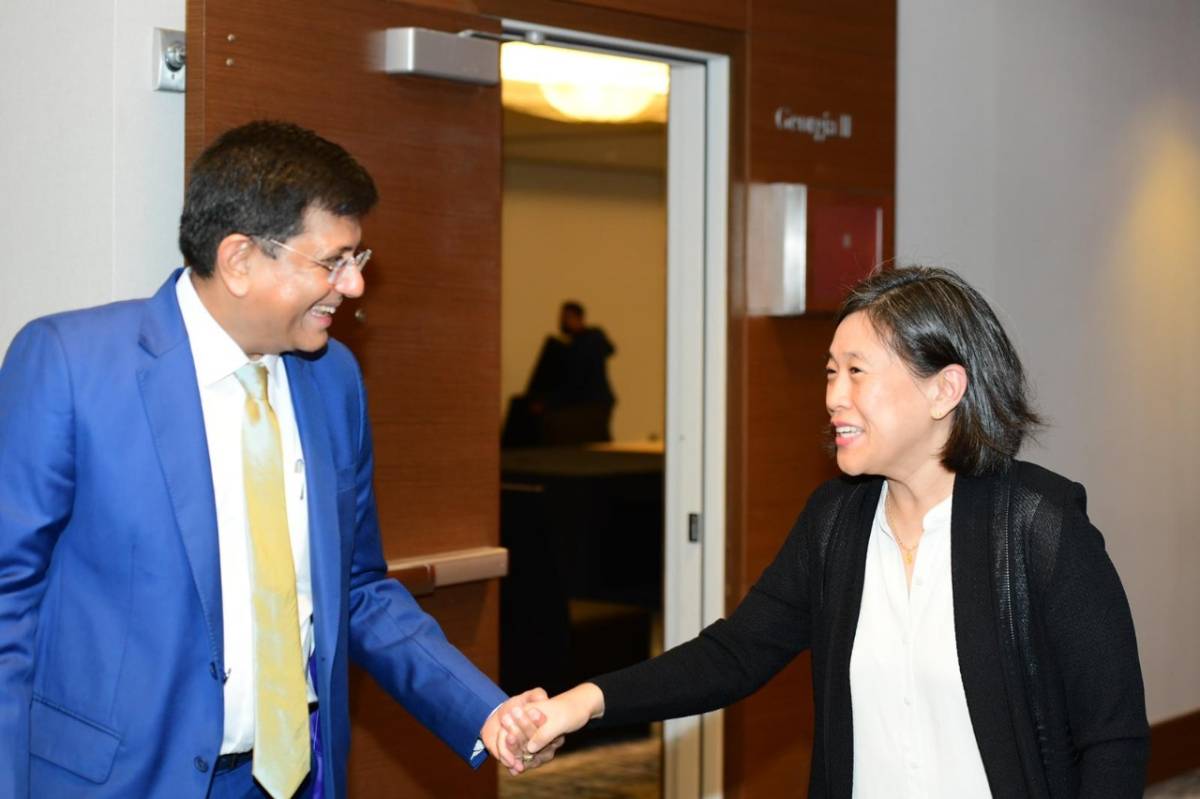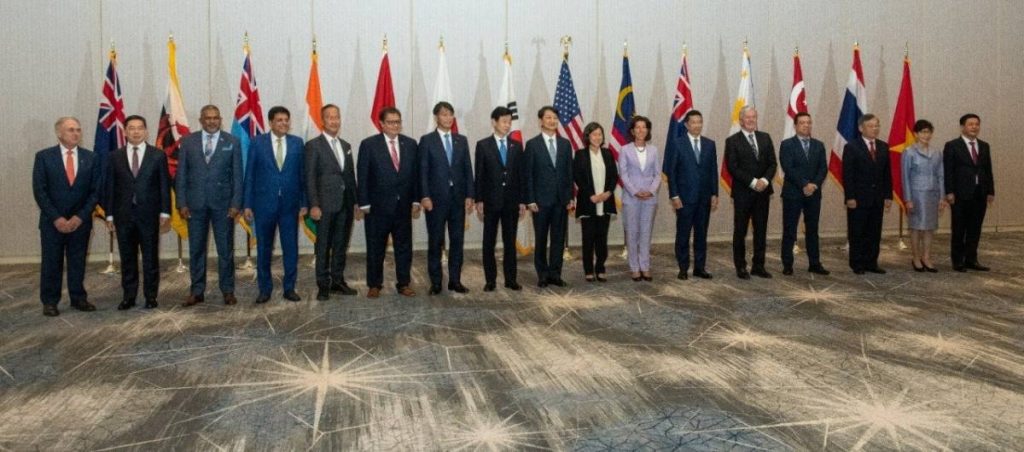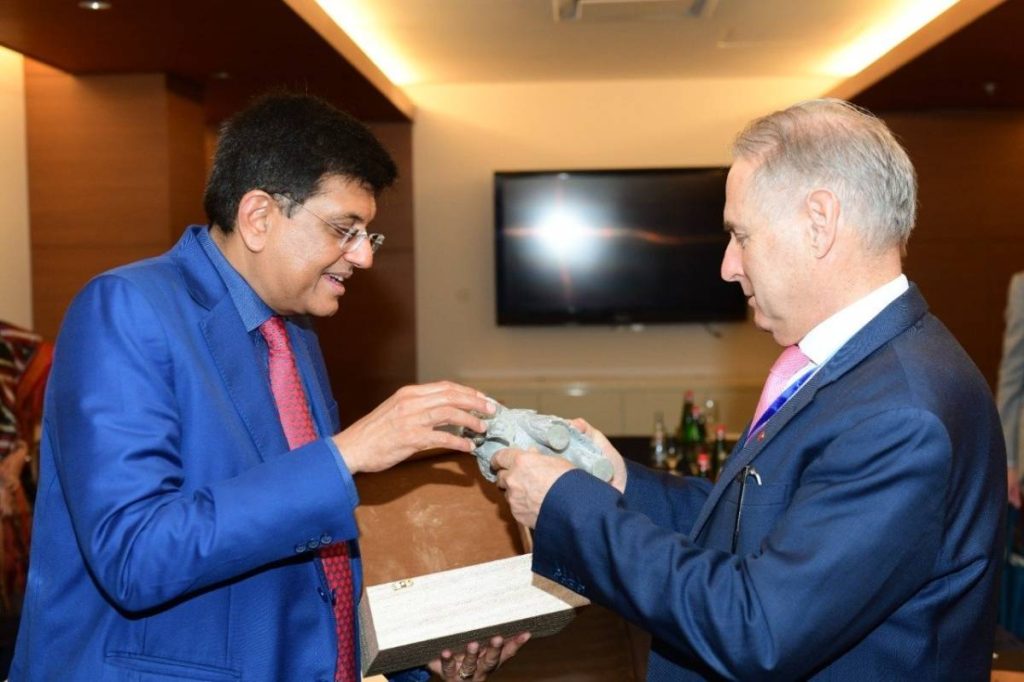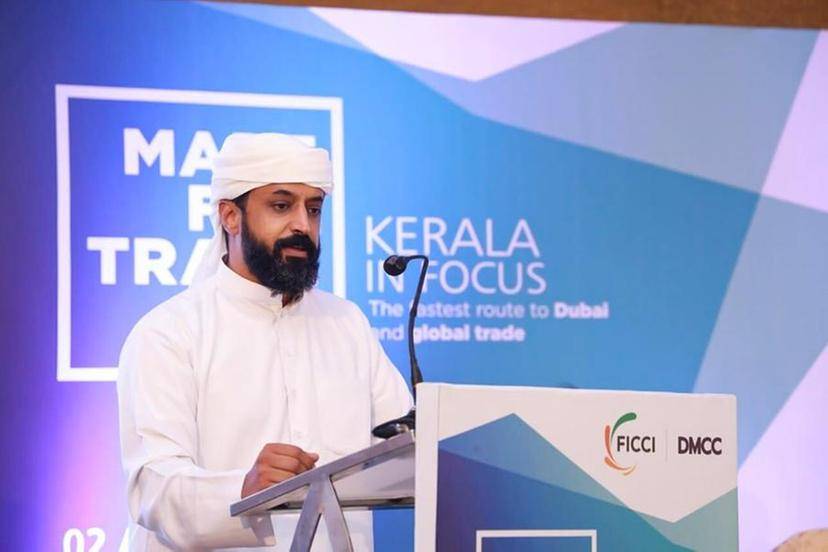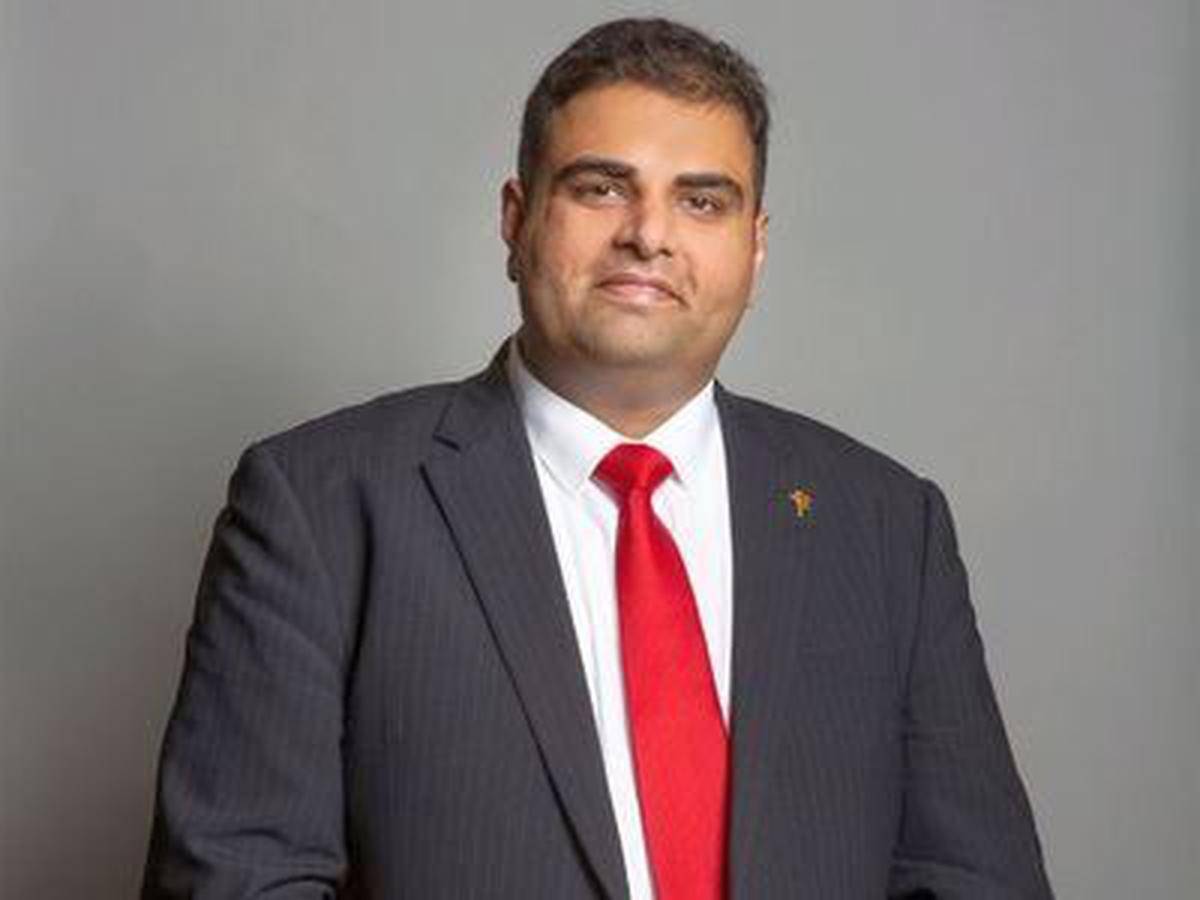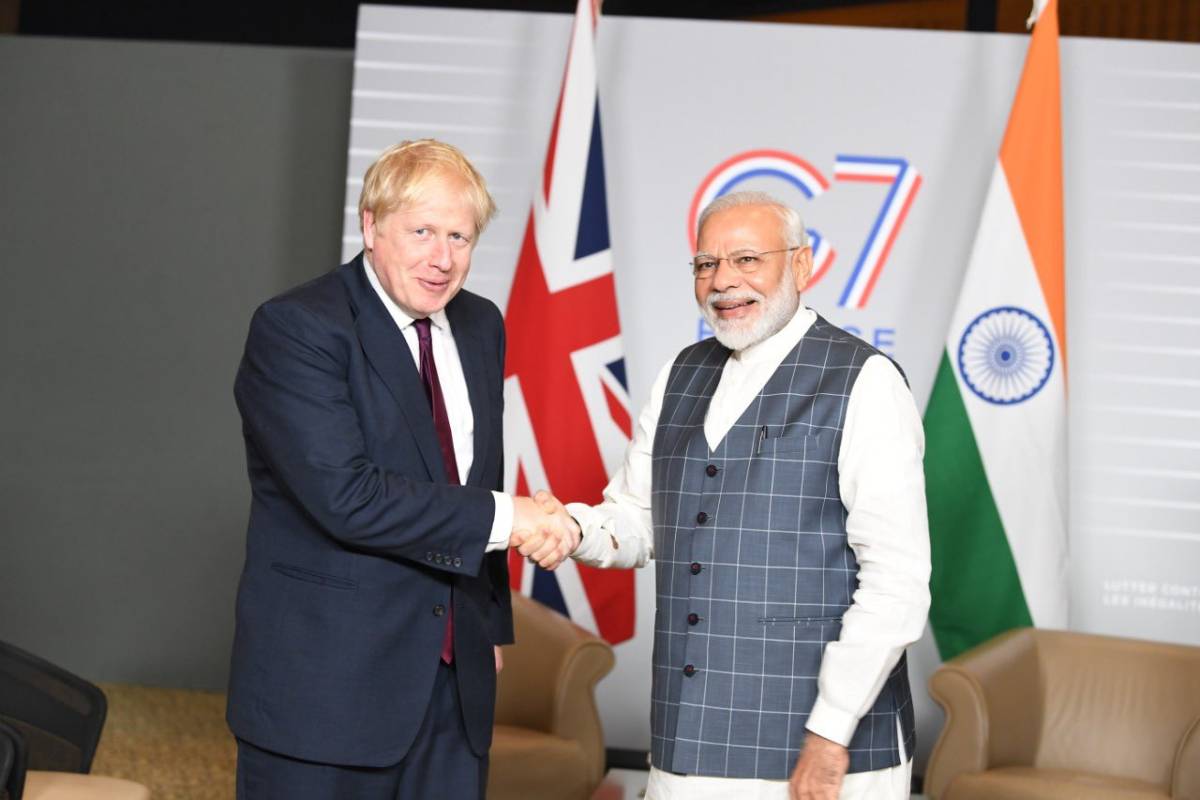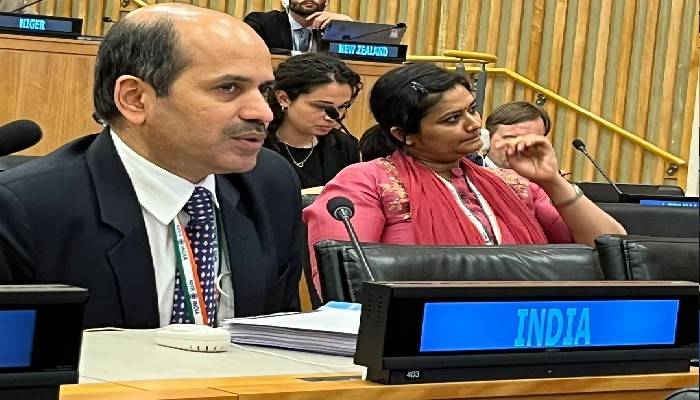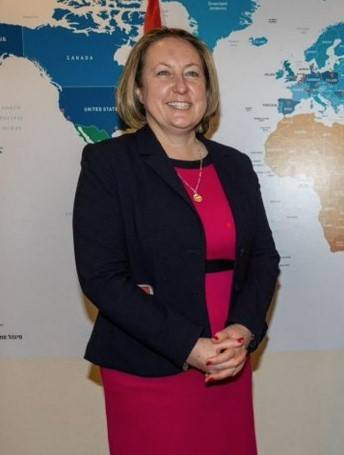As Russia’s trade with the European Union slows down in the wake of the sanctions Moscow’s imports from India will rise as well as it looks at alternative sources, reports Mahua Venkatesh
Bilateral trade between India and Russia is all set to exceed $30 billion in the next one year– much before the 2025 target. Trade between the two countries driven by fuel and fertiliser, this financial year –beginning April—is estimated to have touched around $9 billion. However, importantly it is now expanding rapidly even in the non fuel segment.
As Russia’s trade with the European Union slows down in the wake of the sanctions Moscow’s imports from India will rise as well as it looks at alternative sources.
Russia has now also legalized parallel imports—goods that are sourced from and sold outside of the brand’s authorized distribution channels.
According to Russia Briefing, while the West has barred Russia from receiving imported luxury brands for example, countries such as India are developing a middle-man route and savvy entrepreneurs and dealers are buying Western goods and reselling them to Russian consumers. “These include everything from air-conditioner units and iphones to Bentley automobiles,” it said.
“With sanctions, Russia is gradually looking to expand its imports from India.. Indian exporters have started getting orders,” Ajay Sahai, director general and CEO, Federation of Indian Export Organisations (FIEO) told India Narrative.
Russia’s oil exports
While India has come under the spotlight for continuing trade with Russia data has shown that despite sanctions, Russian oil has been flowing into countries such as the Netherlands and Italy as well. Russian oil sales have continued to boom even in October.
According to Kpler data Russia’s average crude exports jumped 12 per cent compared to the eight months prior to Moscow’s Ukraine invasion.
“There are ways to circumvent sanctions..the increase in Russian oil exports cannot be only because of India and China,” an analyst explained. Iran has been using such a mechanism for years to trade its oil in the European market.
“If the G7 decided to toughen up its sanctions against Russian oil exports, then Moscow and Tehran could agree to a swap deal of one sort or another that would see Russian oil go to anywhere that Iran needed it, with a compensatory amount of ‘Iraqi’ (read ‘Iranian’) oil going to wherever Russia wanted, as Iraq oil is not under any sanctions,” Oilprice.com said.

